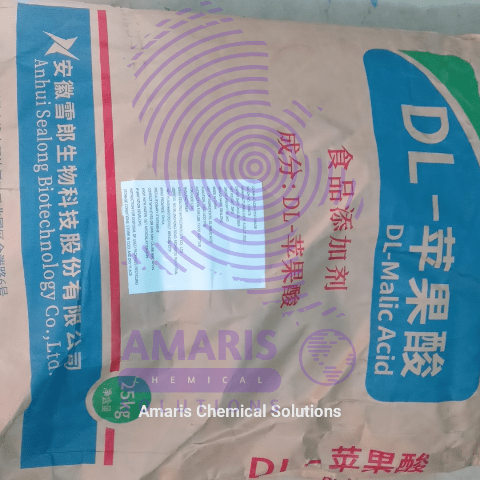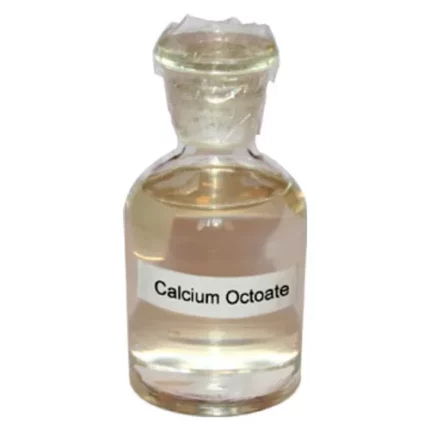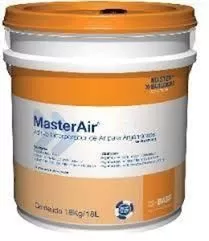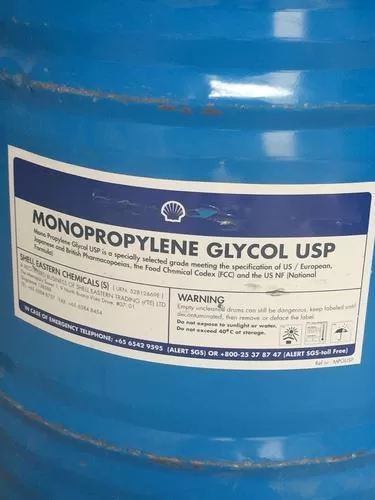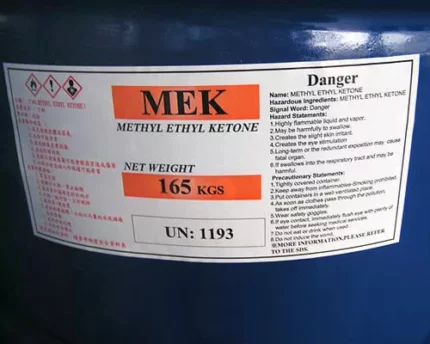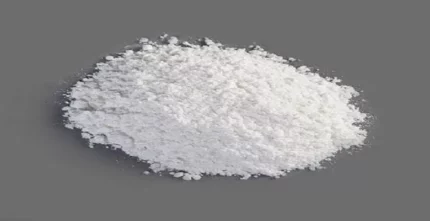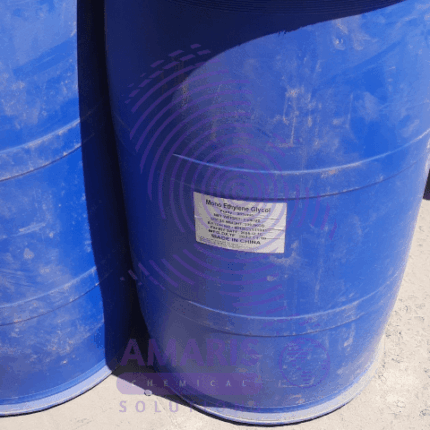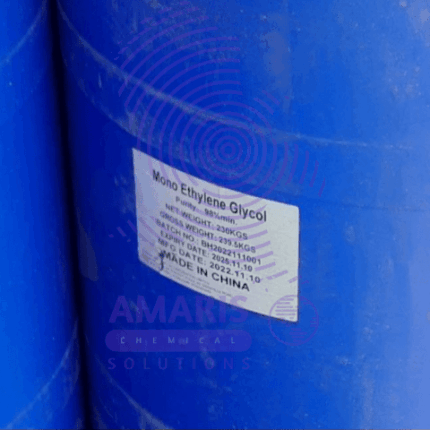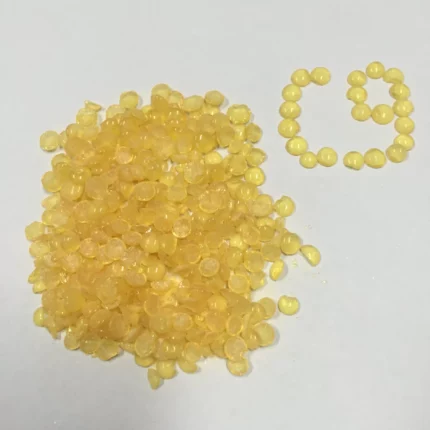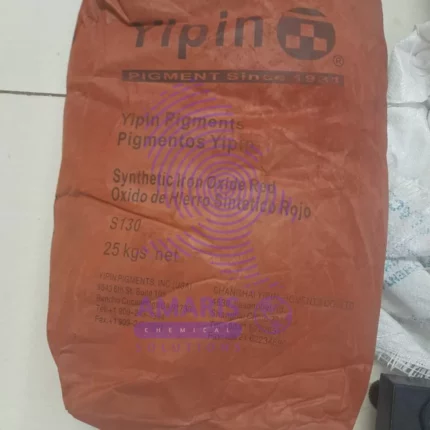
Red Oxide S130 Yipin 25kg Bag
$0.01 Original price was: $0.01.$0.00Current price is: $0.00.
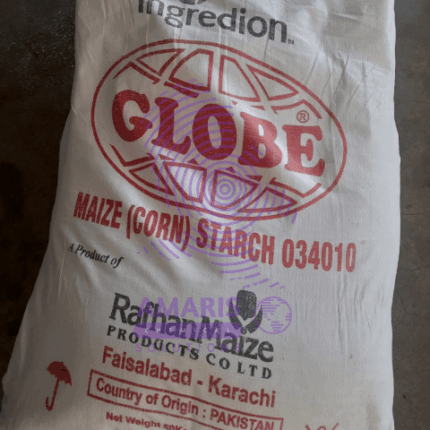
Corn Starch (food grade)
$8,000.00 Original price was: $8,000.00.$7,500.00Current price is: $7,500.00.
Malic acid 25kg
$24,000.00 Original price was: $24,000.00.$22,988.00Current price is: $22,988.00.
Whatsapp Order
Malic acid is a naturally occurring organic compound with the molecular formula C4H6O5. It is a dicarboxylic acid that is commonly found in fruits, particularly in apples, and is responsible for their sour taste. Malic acid is also used in the food industry as a flavor enhancer, acidity regulator, and preservative. It can also be used in various other applications such as in the production of cosmetics, pharmaceuticals, and as a chelating agent in metal complexation reactions.
SKU:
ACS48577CHEM0
Category: OTHERS
Description
Malic acid has several major or common uses, including:
- Food industry: Malic acid is commonly used as a food additive, particularly in the production of beverages, such as fruit juices, energy drinks, and sports drinks. It is also used as a flavor enhancer and acidity regulator in a variety of foods, including confectionery, baked goods, and dairy products.
- Pharmaceuticals: Malic acid is used as an excipient in pharmaceutical formulations to help stabilize and control the pH of drugs. It is also used in the production of effervescent tablets, which dissolve quickly in water and release carbon dioxide gas.
- Cosmetics: Malic acid is used in the production of skin care products, such as exfoliating creams and chemical peels. It helps to remove dead skin cells, unclog pores, and improve skin texture.
- Metal complexation: Malic acid is used as a chelating agent in metal complexation reactions, which are used in the production of catalysts and other industrial chemicals.
- Cleaning products: Malic acid is used in the production of cleaning products, such as toilet bowl cleaners, because of its ability to dissolve mineral deposits and stains.
Related products
Calcium Octoate 10%
Master Air
Methoxy Propanol (PM)Glycol Ether 190kg Drum
Methyl Ethyl Ketone (MEK) 165kg
Methyl ethyl ketone (MEK) is a colorless, flammable liquid organic compound with the chemical formula C4H8O. It is a ketone, which means it contains a carbonyl group (C=O) bonded to two carbon atoms. MEK has a sweet, pungent odor and is commonly used as a solvent in various industrial applications such as coatings, adhesives, and printing inks. It can also be used as a chemical intermediate in the production of other chemicals. MEK is highly volatile and can pose health hazards if not handled properly.
Methyl Isobutyl Ketone (MIBK) 165 kg Drum
Mono Ethylene Glycol (MEG) 230 kg
Monoethylene glycol (MEG) is a colorless, odorless, and slightly viscous liquid with the chemical formula C2H6O2. It is an organic compound primarily used as a raw material in the production of polyester fibers, resins, and films. MEG is also used as a coolant and antifreeze in various industrial applications, as well as in the manufacture of cosmetics, personal care products, and pharmaceuticals.
Petroleum Resin C9 Hydrocarbon 25 kg Bag
Petroleum resin C9 hydrocarbon, also known as C9 hydrocarbon resin or simply C9 resin, is a type of thermoplastic resin that is derived from the distillation of petroleum products. It is composed primarily of aliphatic and aromatic hydrocarbons, and is typically produced by the polymerization of C9 fraction of petroleum, which is obtained by the distillation of crude oil.
C9 hydrocarbon resin is a highly versatile material that finds use in a wide range of industrial applications, including adhesives, coatings, printing inks, rubber compounding, and more. It is valued for its excellent solubility, compatibility with other resins, and ability to enhance the properties of other materials, such as adhesion, tack, and flexibility.
In summary, petroleum resin C9 hydrocarbon is a type of polymer derived from petroleum that is widely used in various industries for its unique properties and compatibility with other materials


 Emollients
Emollients Humectants
Humectants UV Filters
UV Filters Surfactants (cosmetic)
Surfactants (cosmetic) Preservatives (cosmetic)
Preservatives (cosmetic) Fragrances and Essential Oils
Fragrances and Essential Oils Antioxidants (cosmetics)
Antioxidants (cosmetics)
 Solvents (lab)
Solvents (lab) Chromatography Chemicals
Chromatography Chemicals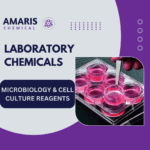 Microbiology and Cell Culture Reagents
Microbiology and Cell Culture Reagents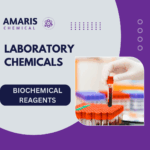 Biochemical Reagents
Biochemical Reagents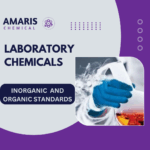 Inorganic and Organic Standards
Inorganic and Organic Standards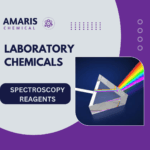 Spectroscopy Reagents
Spectroscopy Reagents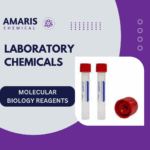 Molecular Biology Reagents
Molecular Biology Reagents
 Precious Metal Extraction Agents
Precious Metal Extraction Agents
 Plasticizers
Plasticizers Polymerization Initiators
Polymerization Initiators Stabilizers
Stabilizers Monomers
Monomers Fillers and Reinforcements
Fillers and Reinforcements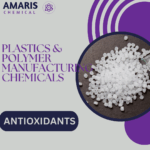 Antioxidants (plastics)
Antioxidants (plastics) Colorants (plastic pigments,Dyes)
Colorants (plastic pigments,Dyes)
 Fertilizers
Fertilizers Plant Growth Regulators
Plant Growth Regulators Soil Conditioners
Soil Conditioners Animal Feed Additives
Animal Feed Additives Biostimulants
Biostimulants
 Dough Conditioners
Dough Conditioners Flour Treatments
Flour Treatments Fat Replacers
Fat Replacers Preservatives (baking)
Preservatives (baking)
 Surfactants (cleaning)
Surfactants (cleaning) Builders
Builders Bleaching Agents
Bleaching Agents Enzymes
Enzymes Solvents (cleaning)
Solvents (cleaning) Fragrances
Fragrances Disinfectant
Disinfectant Metal cleaning
Metal cleaning
 Binders/Resins
Binders/Resins Pigments
Pigments Solvents (paint)
Solvents (paint) Additives
Additives Driers
Driers Anti-Corrosion Agents
Anti-Corrosion Agents Specialty Coatings
Specialty Coatings Functional Coatings
Functional Coatings Application-Specific Coatings
Application-Specific Coatings
 Sealants and Adhesives
Sealants and Adhesives
 Biodegradable Surfactants
Biodegradable Surfactants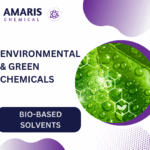 Bio-based Solvents
Bio-based Solvents Renewable Polymers
Renewable Polymers Carbon Capture Chemicals
Carbon Capture Chemicals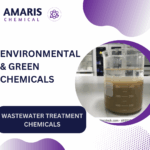 Wastewater Treatment Chemicals
Wastewater Treatment Chemicals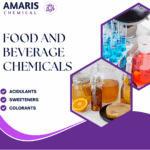
 Preservatives (food)
Preservatives (food) Flavor Enhancers
Flavor Enhancers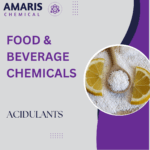 Acidulants
Acidulants Sweeteners
Sweeteners Emulsifiers
Emulsifiers Antioxidants (food)
Antioxidants (food) Colorants (food)
Colorants (food) Nutrient Supplements
Nutrient Supplements Nutraceutical Ingredients
Nutraceutical Ingredients
 Fresh Herbs
Fresh Herbs Whole Spices
Whole Spices Ground Spices
Ground Spices Spice Blends
Spice Blends
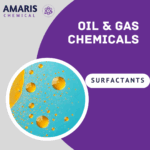 Surfactants(oil)
Surfactants(oil)
 Antibiotics
Antibiotics Active Pharmaceutical Ingredients
Active Pharmaceutical Ingredients Excipients
Excipients Vaccine Adjuvants
Vaccine Adjuvants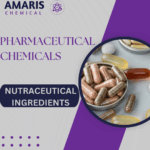 Nutraceutical Ingredients
Nutraceutical Ingredients Solvents (pharmaceutical)
Solvents (pharmaceutical)
 Automotive chemicals
Automotive chemicals Pyrotechnic Chemicals
Pyrotechnic Chemicals


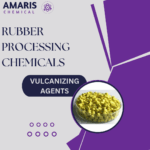 Vulcanizing Agents
Vulcanizing Agents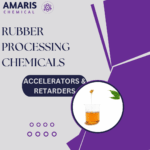 Accelerators & Retarders
Accelerators & Retarders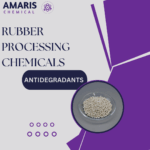 Antidegradants
Antidegradants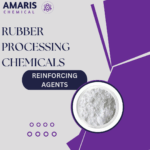 Reinforcing Agents
Reinforcing Agents Plasticizers & Softeners
Plasticizers & Softeners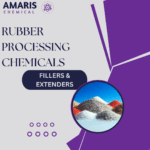 Fillers & Extenders
Fillers & Extenders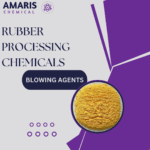 Blowing Agents
Blowing Agents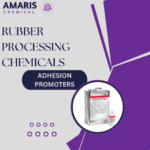 Adhesion Promoters
Adhesion Promoters
